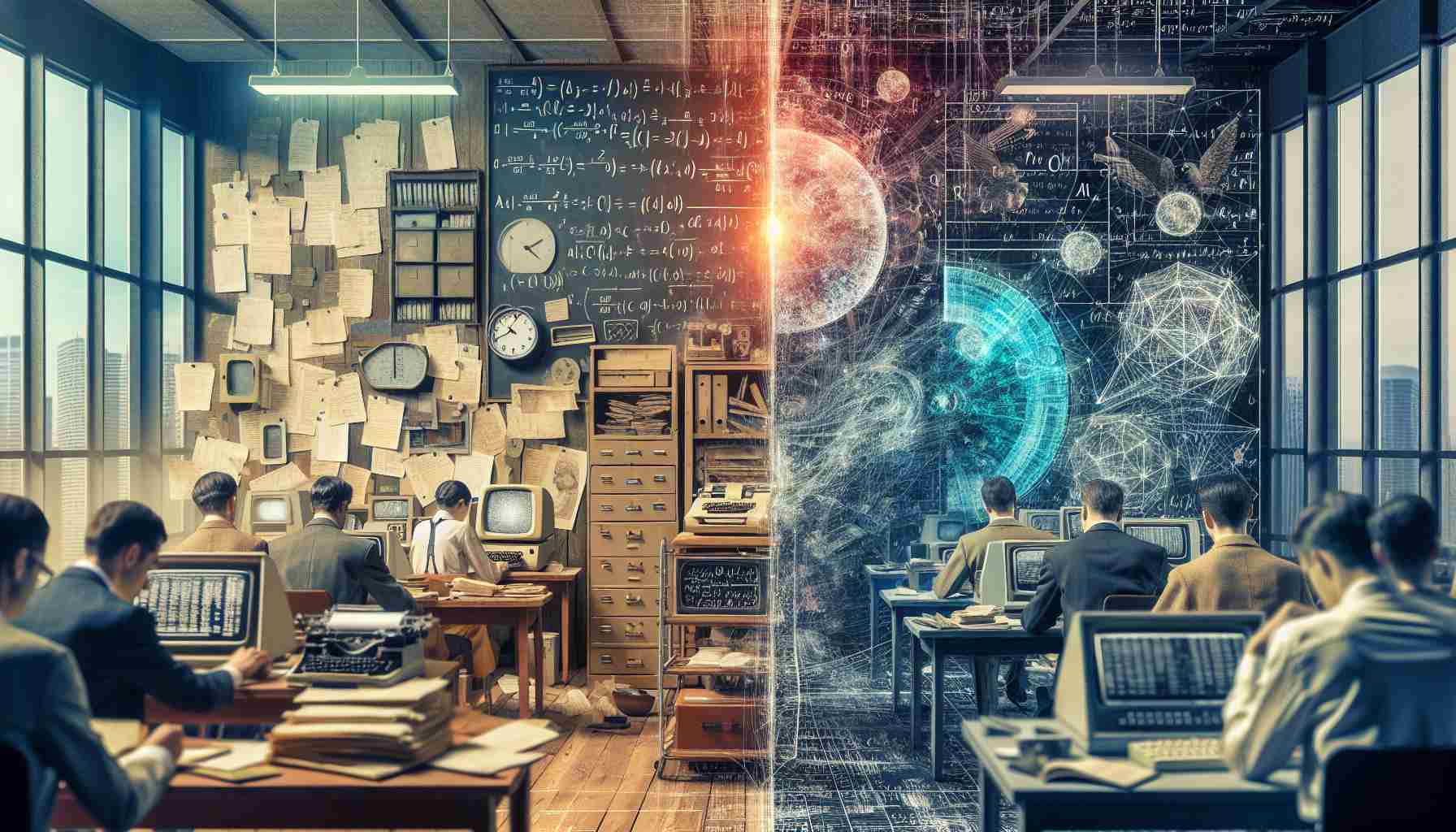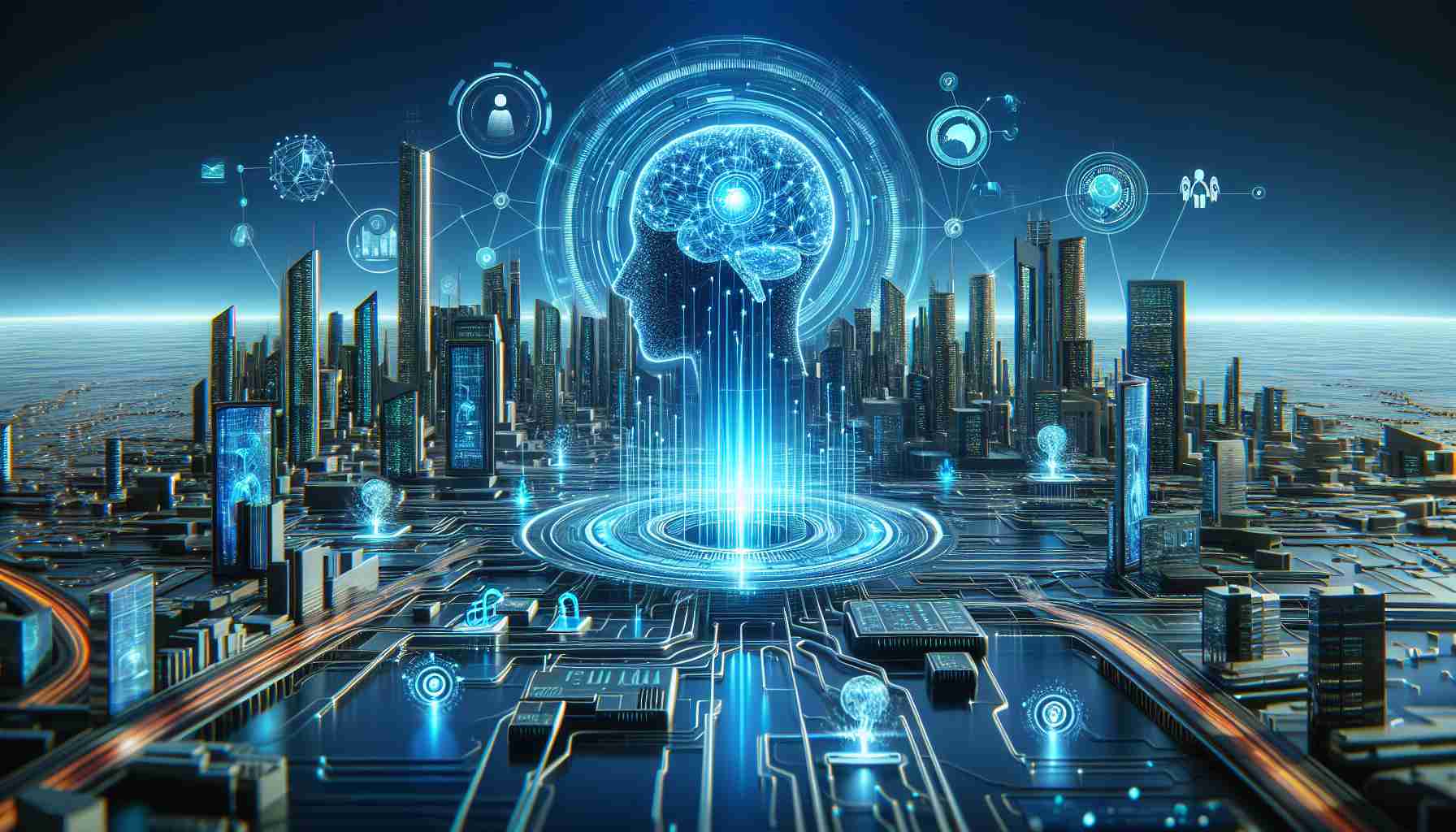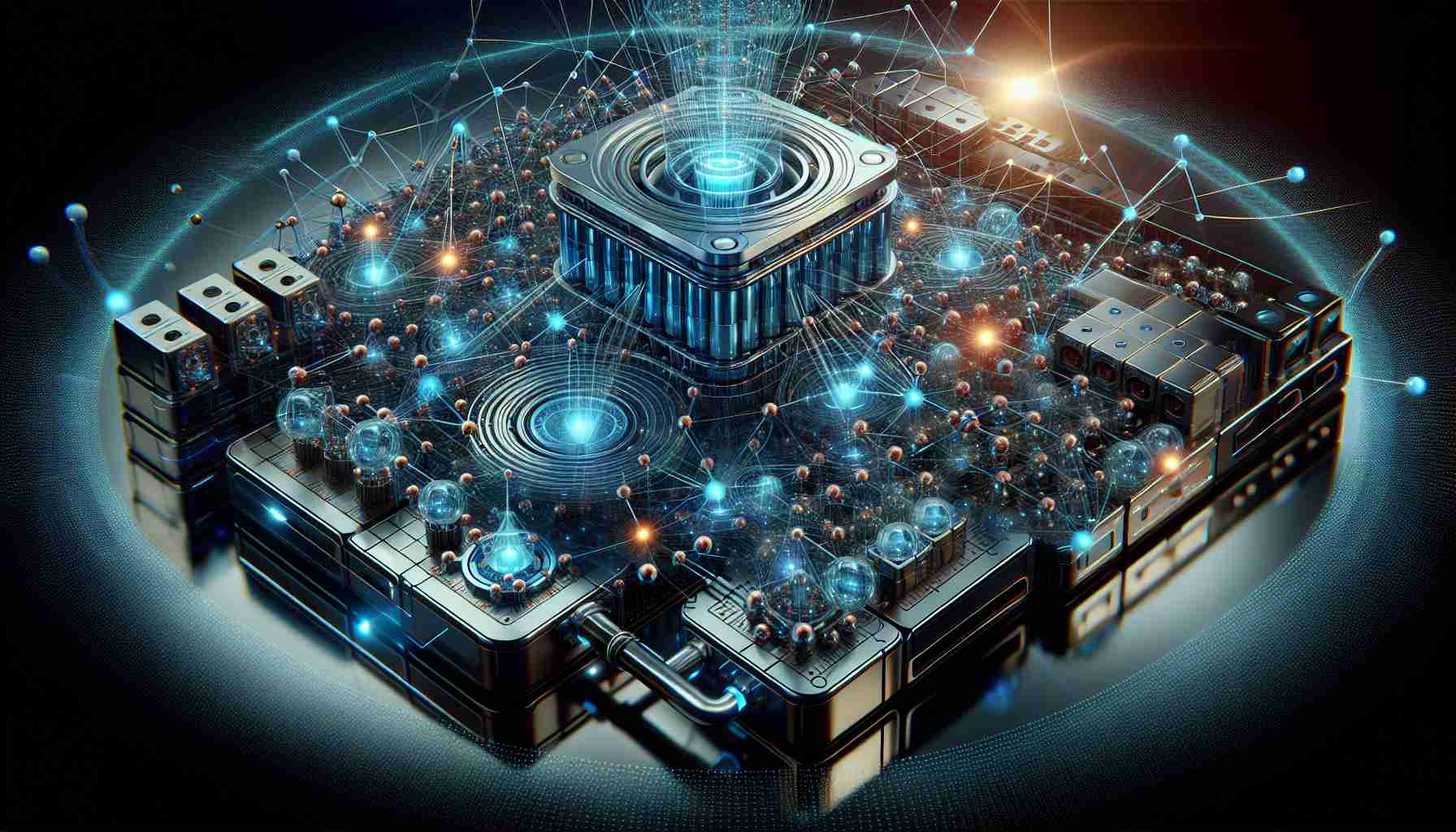Delving into the history of artificial intelligence (AI) unveils a fascinating journey that began in the mid-20th century. The 1950s proved to be a pivotal decade for the development of AI, paving the way for future innovations. The storied history of AI can largely be traced back to a momentous event: the 1956 Dartmouth Conference. This conference is often recognized as the official birth of the AI field. It brought together brilliant minds, including John McCarthy, who is credited with coining the term “artificial intelligence,” and Marvin Minsky, Nathaniel Rochester, and Claude Shannon, who were early pioneers in the field.
During this era, the concept of AI was deeply inspired by the prevailing computational theories and the early understanding of computers as potential devices for simulating human intelligence. The goal was to create machines that could mimic human reasoning, solve problems, and engage in tasks traditionally requiring human intelligence.
The decade saw Alan Turing, one of the most influential figures in the history of computing, make significant contributions to AI with his seminal work on machine learning and intelligence. In 1950, Turing published “Computing Machinery and Intelligence,” where he proposed the famous Turing Test as a criterion of intelligence.
The 1950s laid the foundational theories and philosophical underpinnings of modern artificial intelligence, influencing decades of research and advancements. While today’s AI is far advanced, understanding its early roots offers valuable insights into its evolution and the visionaries who paved the way.
The Hidden Impact of AI: From Historical Roots to Modern Lives
The evolution of artificial intelligence (AI) has not only been a captivating journey but also one with far-reaching impacts on society. An often-overlooked aspect is how AI’s development influences our daily lives, communities, and global economies in unexpected ways. For instance, as AI continues to evolve, it raises critical questions about job displacement and the ethics of machine autonomy.
AI technologies are revolutionizing industries such as healthcare, finance, and transportation. But how does this affect individuals on a personal level? Consider the rise of AI-driven telemedicine, making healthcare more accessible in remote areas. This technology potentially reduces healthcare disparities, ensuring that people in underserved regions receive quality medical care.
Communities increasingly adopt AI to improve public services. From smart city solutions that manage traffic flow to predictive policing, AI has become a tool for enhancing urban living. However, these advances spark controversy over privacy concerns and algorithmic biases. Are these technologies making cities safer, or are they perpetuating systemic inequities?
Globally, countries are competing for AI dominance, investing heavily in AI research and development. Nations like China and the USA are leading this race, promising transformative economic growth. But at what cost? The gap between AI leaders and laggards widens, potentially destabilizing global economic equality.
Inquisitive minds may ask: How can AI policy ensure benefits for all? Governance frameworks need to be developed to monitor AI’s implications and ensure it serves the greater good.
For further exploration of AI integration into daily life and its global impact, visit Wired or BBC for more insights.






















